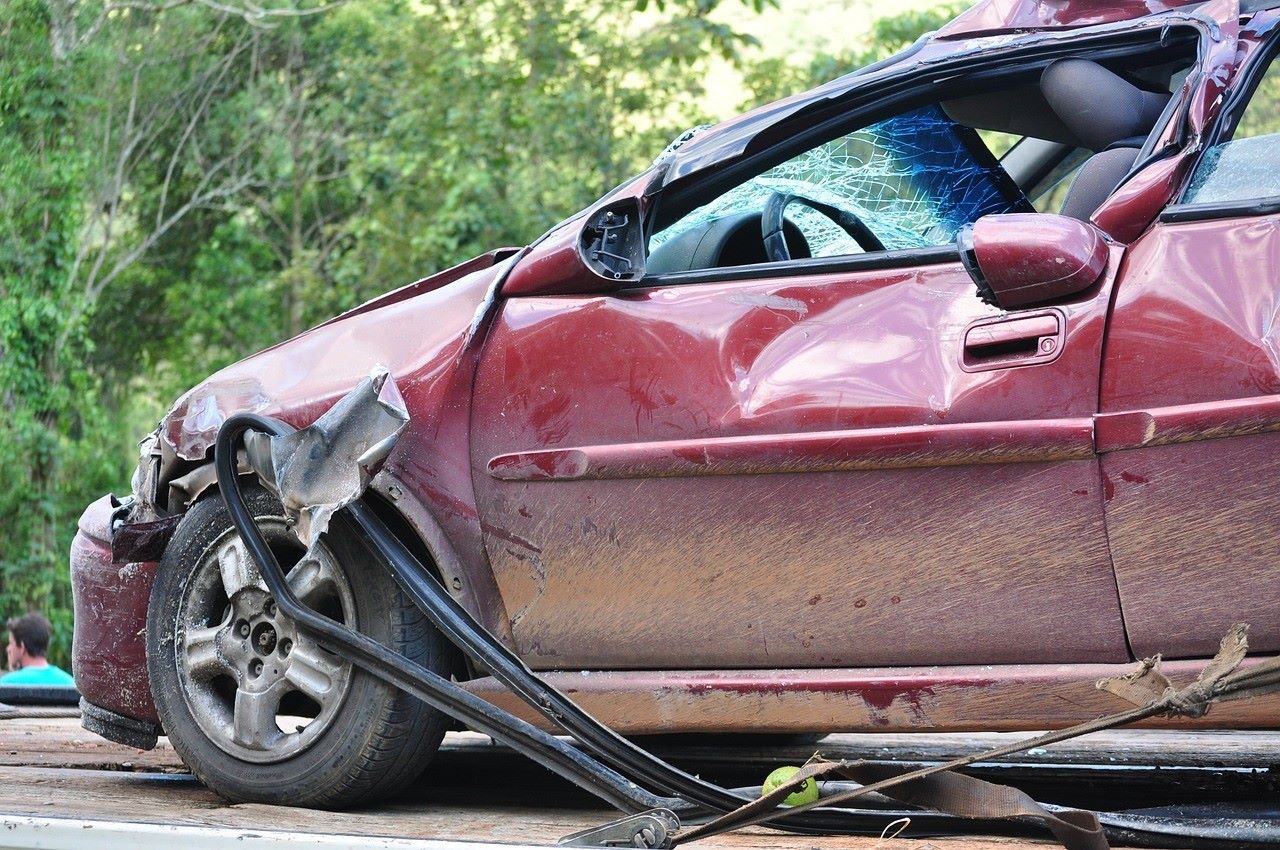What States Use No-Fault Laws For Car Insurance Companies?
In the realm of auto insurance, the term “no-fault” refers to laws that require drivers to carry insurance to cover their own injuries and lost wages after an accident, regardless of who caused the collision.
Under this legislation, insured individuals turn to their personal injury protection (PIP) coverage to claim benefits, streamlining the process and reducing the need to determine fault for the purpose of insurance claims. No-fault laws aim to expedite the compensation for costs arising from injuries sustained in car accidents, allowing policyholders to recover financially without legal battles over liability.
A dozen states in the United States, alongside Puerto Rico, have implemented no-fault insurance systems. These states include Florida, Hawaii, Kansas, Kentucky, Massachusetts, Michigan, Minnesota, New Jersey, New York, North Dakota, Pennsylvania, and Utah. While each of these states mandates PIP coverage, they do have variations in their policies and the extent to which the no-fault law restricts the right to sue. The overarching goal of these laws across different jurisdictions is to lower legal expenses and ensure timely payment for medical bills and other associated costs due to auto accidents.
Understanding No-Fault Car Insurance
In the United States, certain states adopt a no-fault car insurance system designed to speed up the compensation process for accident victims without considering who was responsible for the accident. No-fault insurance aims to increase efficiency and lower litigation costs by having each party’s insurance company pay for their own losses.
Basics of No-Fault Insurance
No-fault car insurance provides Personal Injury Protection (PIP) to insured drivers. Under this system, when an accident occurs, each driver files a claim with their own insurance company regardless of who is at fault. This insurance covers medical expenses, lost wages, and other out-of-pocket losses. The no-fault system does not compensate for pain and suffering, and it limits the ability to sue the at-fault driver, except in cases of severe injury or death.
States with No-Fault Laws
Currently, 12 states and Puerto Rico require drivers to carry no-fault insurance. These states include:
- Florida
- Hawaii
- Kansas
- Kentucky
- Massachusetts
- Michigan
- Minnesota
- New Jersey
- New York
- North Dakota
- Pennsylvania
- Utah
It is important for drivers to be aware that these laws vary significantly from one state to another, including the threshold for allowing a lawsuit against the at-fault driver. In some states, drivers have the option to choose between a no-fault and a traditional liability-based coverage.
Those seeking guidance after an accident, especially in navigating the complexities of no-fault legislation, may refer to a directory for experienced accident attorneys to help understand their rights and the specifics of their state’s insurance law.
Implications of No-Fault Laws
No-fault insurance laws significantly affect how policyholders claim compensation and navigate the legal landscape following a car accident. They are designed to streamline the process but come with unique considerations.
Impact on Policyholders
Under no-fault laws, policyholders must first turn to their own car insurance coverage to pay for personal injuries after an accident, regardless of who caused the collision. This requirement often translates to mandatory purchase of Personal Injury Protection (PIP), which covers medical expenses, lost wages, and other out-of-pocket costs. In no-fault states, individuals typically experience a reduction in litigation since they don’t need to prove fault to receive payment for injury claims.
However, these laws also commonly include thresholds that limit the right to sue. Policyholders may only pursue a liability claim or lawsuit against the at-fault driver in cases of severe injury, which is quantified either in monetary terms (exceeding a certain amount in medical bills) or by the nature of the injury (such as significant disfigurement or permanent disability).
Legal Considerations
The legal framework of no-fault states simplifies the claims process, but it does not completely remove the possibility of legal action in severe cases. A directory for experienced accident attorneys becomes pertinent particularly when injuries are severe or permanent and the PIP limits are exceeded. Knowledgeable attorneys can assist individuals in navigating the complex exclusions and conditions inherent in no-fault laws.
In the instance of property damage, no-fault laws do not typically apply; the at-fault driver’s insurance may still be liable. Thus, understanding the distinction between injury claims and property damage is critical within these states. Legal repercussions for driving without proper no-fault coverage can be significant, including fines or even license suspension, strengthening the need for drivers to comply with their state’s specific insurance requirements.
